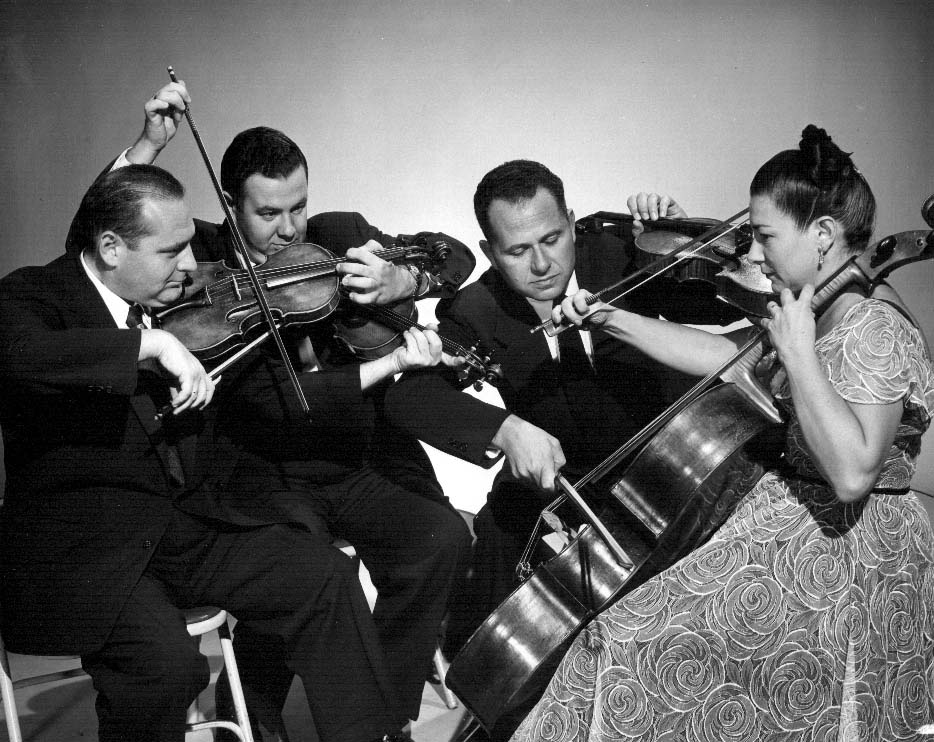Can we still afford to pay live musicians?
OrchestrasFrom a brilliant FT column by mathematician Tim Harford:
Mozart and Haydn were composing string quartets a quarter of a millennium ago, when the industrial revolution was in its infancy. Since then, the scale of the world economy has increased at least a hundredfold and material living standards in western Europe have grown 20 times over, perhaps more. Our ability to travel, build, calculate, communicate or simply produce food has been transformed beyond recognition. And yet the productivity of a live recital of Haydn’s Emperor quartet hasn’t budged: it still takes four musicians between 25 and 30 minutes to play.
This is the essence of what has become known as “the Baumol effect” or, more dishearteningly, “Baumol’s cost disease”. The basic problem was laid out by economists William Baumol and William Bowen in Performing Arts, the Economic Dilemma in 1966, amid much hand-wringing about the perception that the performing arts were ridden with waste and mismanagement. Whether or not that was true, Baumol and Bowen argued, “The basic difficulty arises, not from any of these sources, but from the basic structure of live performance.”
The Baumol effect describes the challenge that arises when some sections of the economy are rapidly advancing while others are standing still. If you would like to listen to people play Haydn live, you will probably need to pay them a competitive wage. And in a flourishing economy, what counts as a competitive wage is always increasing. If the productivity of musicians doesn’t change, but their wages keep growing to keep pace with the rest of the economy, then paying people to perform Haydn is going to feel more and more like an expensive luxury….
Read the full article here. So where do we go from here?






Comments